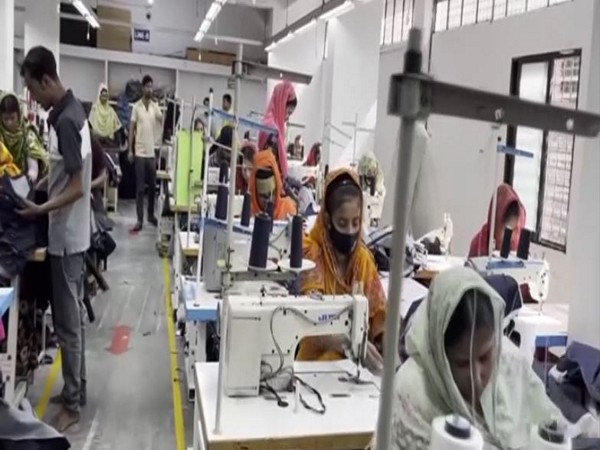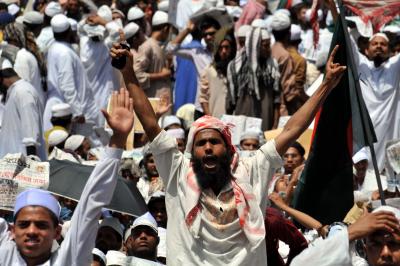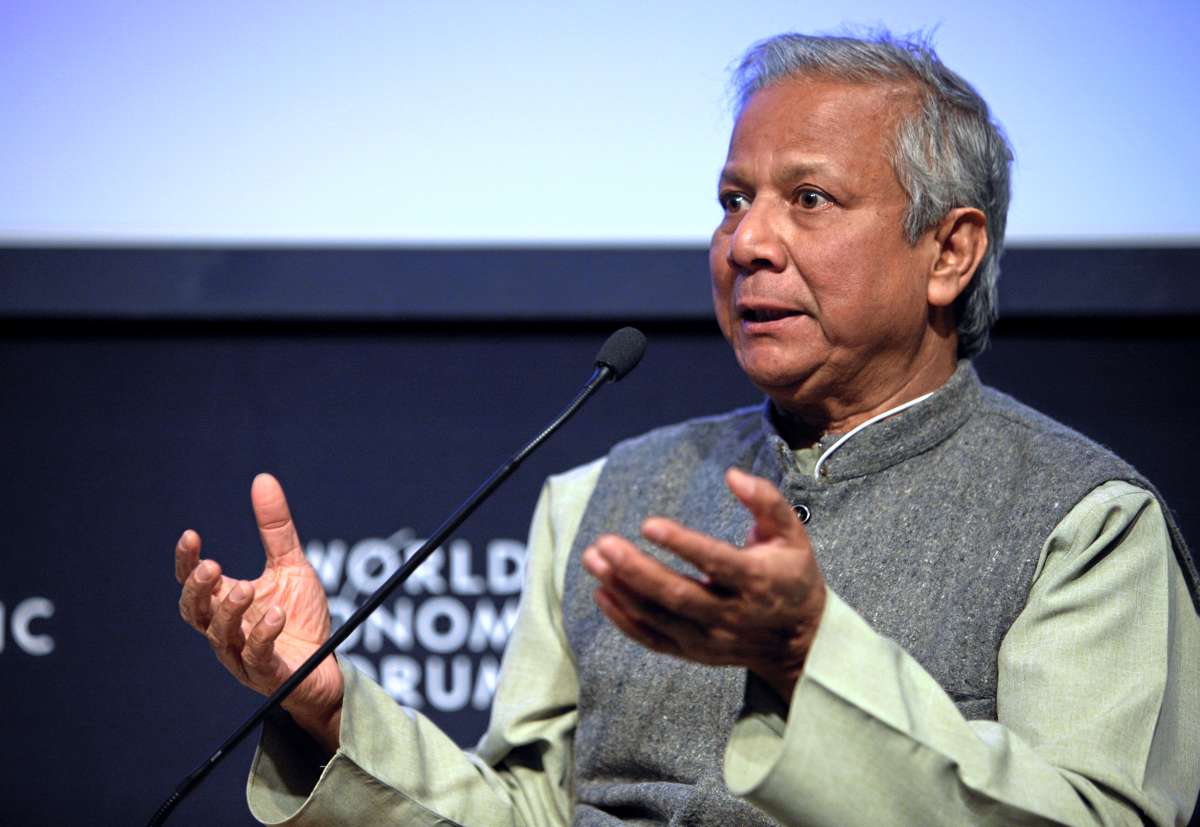The readymade garment (RMG) industry is the single biggest export earner for Bangladesh…reports Asian Lite News
Leading Bangladesh factory owner expressed concern over the unrest taking place in the garment industry which is alarming for the country’s economy. The crisis is also affecting the import of raw materials from India.Factory owners say that the interim government has failed to control the volatile situation due to a lack of experience.
The readymade garment (RMG) industry is the single biggest export earner for Bangladesh. The sector accounts for 83 per cent of the total export earnings of the country. The apparel industry is Bangladesh’s biggest export earner with a value of over USD 28 billion of exports in a year. The “Made in Bangladesh” tag has also brought glory to the country, making it a prestigious brand across the globe.
More than 150 countries import ready-made garments from Bangladesh. The industry employs 4 million employees; of which most are women.
The workers made an 18-point demand including raising wages, attendance bonuses, night shifting and others during the previous government. The demands were fulfilled after intensive consultations between the government, factory owners and, workers’ leaders.
After the change of government through the uprising in August, dissatisfaction arose in various garment factories. 29 factories failed to pay salaries for September, sparking renewed discontent in the garment industry.
“Most of the issues were already solved because they came all together made a decision and workers back to work. Again, unrest started and it really horrible”, said Jannatul Baker Khan, Managing Director of Needle Works BD Limited, an export-oriented garment factory.
“Most of the factories are OK and meet the requirements. But few factories may be facing problems. They are unable to meet, they are not even settled, and workers are unhappy. But the quantity of the factories is less”, he added.
“For example, there are a hundred factories around but two factories have unrest. It creates problems for all”, Khan exclusively told ANI.
He blamed the inefficiency of the interim government to control the situation. “The interim government is not able to solve the problem. They are not very experienced. Everything is new for them that’s why the issue is increasing and increasing and it is out of control now”, he said.
Khan, who also runs a buying house, NW RMG LTD, talked about shifting tof foreign buyers from Bangladesh to its competitors.
According to the Bangladesh Garment Manufacturers and Exporters Association (BGMEA), clothing imports are decreasing in the world, during January-August of this year, clothing imports from the United States increased by 1.5 per cent in terms of volume, while from Bangladesh decreased by 3.8 per cent, but from China increased by 3.6 per cent, and from Vietnam increased by 5.2 per cent, up 7.6 per cent from India and 7.7 per cent from Cambodia.
Total imports to Europe increased by 3.3 per cent in the January-July period, while those from Bangladesh increased by only 2.8 per cent, but those from China increased by 6.4 per cent, India increased by 5.18 per cent, Cambodia increased by 18.35, Vietnam increased by 18.3 per cent, BGMEA said.
Judging by the comparative export growth in the period of July-September of this year, where the export growth of Bangladesh has been 5.34 per cent, the growth of Vietnam has been 15.57 per cent and the growth of India has been 13.45 per cent, BGMEA said.
“The foreign buyers are shifting their orders to other countries. It will be a big disaster for us. The factories are facing losses in different ways. The workers are becoming injured during protests. When production stopped, the shipment became delayed. Due to this reason, buyers are asking for air shipments or delay penalties. If the factory is laid off, the workers also will lose their jobs. In that case, a big problem is waiting before us”, he said.
He warned about serious consequences for the social, economic and industrial sectors if Bangladesh failed to control the unrest in the garment industry.
“If the unrest continues, the industry will suffer long time. The garment industry is not only a matter of workers and owners. It links up backwards and forward industries. It is a big chain. It is not only that 4 million workers are working including 60 per cent women; but also backwards and forward links with the export chain. So, this is really the backbone of our economy,” he said.
According to the Observatory of Economic Complexity (OEC), India exports nearly USD 14 billion worth of products to Bangladesh in a year. The main products that India exports to Bangladesh are refined petroleum (9.93 per cent), non-retail pure cotton (9.93 per cent), and raw cotton (6.82 per cent).
“Already the import from India is going slow. Mostly we buy fabrics, huge denim and non-denim, from India. We also source from other countries including China. If we lose the order, the raw materials import automatically will be slowed down from India”, Khan said without details.
“Most of the employees from India are senior employees. If you consider the buying house, they work as country managers, senior merchandisers, technicians and other industries, the textiles, washing plants and other factory technical managers senior positions of industry. If the factory loses order, it will be impacted everywhere”, he said. (ANI) ‘
ALSO READ: India, China to patrol once every week in Demchok and Depsang














